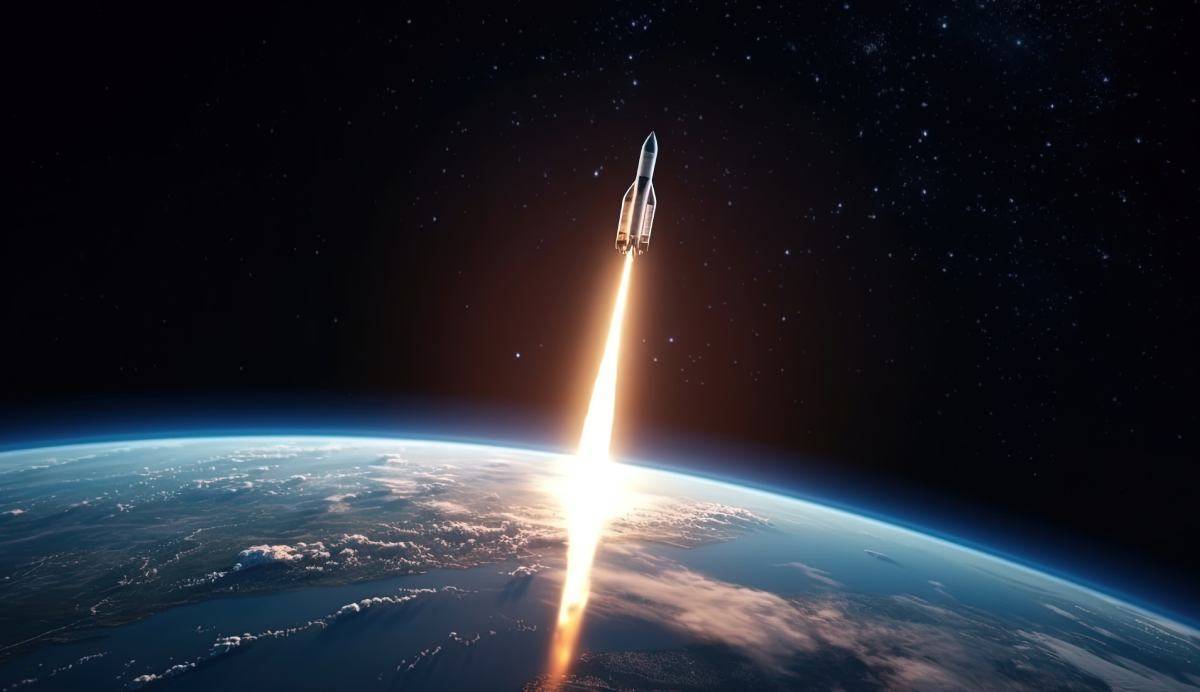Space exploration is the pursuit of discovering and understanding the vast universe beyond our planet. It is driven by a mix of scientific curiosity, technological advancement, economic interests, and the ambition to extend human presence beyond Earth. Here’s a breakdown of key aspects, current developments, and future directions:
1. Scientific Goals of Space Exploration:
- Understanding Our Solar System: Exploring planets, moons, and other bodies in our solar system helps us understand its formation and evolution. Missions to Mars, Jupiter’s moon Europa, and Saturn’s moon Enceladus aim to discover signs of life or conditions that might support it.
- Studying Cosmic Phenomena: Observatories like the Hubble Space Telescope and the James Webb Space Telescope help scientists study distant galaxies, black holes, and other celestial phenomena, shedding light on the origins of the universe and the nature of dark matter and dark energy.
- Protecting Earth: By monitoring near-Earth objects, such as asteroids and comets, scientists can track potential threats. Understanding the impact of solar activity on Earth also helps in protecting satellites and power grids from solar storms.
2. Technological Advances Enabling Exploration:
- Reusable Rockets: Companies like SpaceX and Blue Origin have developed reusable rockets, reducing the cost of launches significantly and making frequent space missions more feasible.
- Miniaturized Satellites (CubeSats): Smaller, more cost-effective satellites have made space accessible to more nations and even private companies. CubeSats can perform various missions, from Earth observation to deep space exploration.
- AI and Robotics: Robots and AI have enabled remote exploration of hostile environments. Mars rovers, like Perseverance and Curiosity, are equipped with AI to navigate and analyze the Martian surface autonomously.
- Nuclear Propulsion and Power Sources: Nuclear propulsion may speed up interplanetary travel, while nuclear reactors could power bases on the Moon or Mars. NASA’s Kilopower project, for instance, is developing compact nuclear reactors for future missions.
3. Human Exploration and Settlement:
- The Artemis Program: NASA’s Artemis program aims to return humans to the Moon by establishing a sustainable presence. Planned lunar bases and the Lunar Gateway station will serve as stepping stones for further missions, including those to Mars.
- Mars Exploration: Both NASA and private companies like SpaceX have set their sights on Mars. SpaceX’s Starship is being designed for potential crewed missions to Mars, while NASA is studying how humans might live and work on the Martian surface in the future.
- International Space Collaborations: The International Space Station (ISS) is a collaborative space laboratory involving agencies like NASA, ESA, Roscosmos, and JAXA. This model of international cooperation may serve as a foundation for future projects, like Moon and Mars missions.
4. Commercialization of Space:
- Space Tourism: Companies like SpaceX, Blue Origin, and Virgin Galactic are opening space to civilians, with suborbital flights and planned orbital missions. Space tourism is a step toward democratizing access to space, though it’s currently available only to the wealthy.
- Resource Extraction: Asteroids and the Moon are rich in valuable resources, like rare metals and water ice. Water ice, for instance, can be split into hydrogen and oxygen for fuel, which could support longer missions and reduce the need to bring resources from Earth.
- Satellite Internet and Communication: Companies like SpaceX (Starlink) and Amazon (Project Kuiper) are launching satellite constellations to provide global internet coverage, with the potential to improve connectivity for remote areas on Earth.
5. Challenges and Ethical Considerations:
- Radiation and Human Health: Space exposes humans to radiation levels far beyond what is experienced on Earth, increasing risks of cancer and other health issues. Developing effective shielding and medical countermeasures is critical for long-term space missions.
- Space Debris: With the increasing number of satellites and space missions, space debris is becoming a serious concern. Debris can damage spacecraft, endanger astronauts, and even trigger chain reactions, making certain orbits unusable.
- Environmental and Ethical Concerns: Mining asteroids or the Moon could lead to environmental impacts beyond Earth, while the potential contamination of extraterrestrial environments poses ethical questions. Planetary protection policies aim to prevent contamination that could interfere with the search for extraterrestrial life.
- Equitable Access and Space Law: As more nations and private entities enter space, there is a need for updated policies on the use of space resources, security, and exploration rights. The Outer Space Treaty, established in 1967, forms the basis of space law, but new frameworks are needed to address modern challenges.
6. Future of Space Exploration:
- Interplanetary Colonization: With advancements in propulsion and life support, the dream of human settlements on the Moon or Mars is slowly becoming a real possibility. Establishing permanent bases could serve as launch points for exploring deeper into the solar system.
- Exploring Beyond the Solar System: Interstellar probes powered by light sails, nuclear propulsion, or other advanced methods could one day explore neighboring star systems, though these missions would take decades or centuries to complete.
- Searching for Extraterrestrial Life: Missions focused on moons like Europa and Enceladus, which may have subsurface oceans, could answer the question of whether life exists elsewhere in the solar system. SETI (Search for Extraterrestrial Intelligence) programs also continue searching for signals from intelligent civilizations.
Space exploration holds incredible potential for scientific discovery, technological advancement, and even economic growth. As humanity pushes the boundaries of the known, space exploration will likely reshape our future in ways we can only begin to imagine. Are there specific missions, technologies, or aspects you’d like to explore further?
Space Exploration
